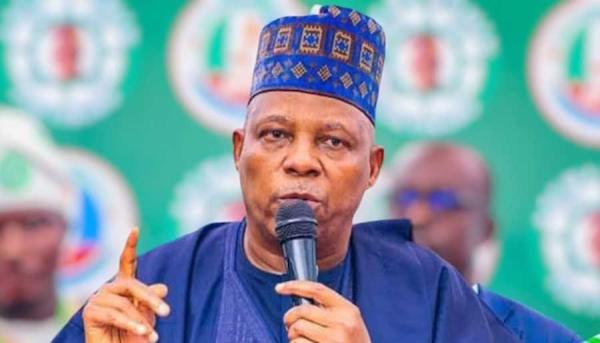
Friday 15 October 2021 -The World Bank has cautioned that the continued under-investment in human capital may hinder Nigeria from harnessing the economic potential of its young population.
It also stated that two economic crises in close succession – the 2016 oil price slump and the COVID-19 pandemic – had diminished Nigeria’s human capital stock, notably through declines in educational attainment.
In a new report titled: “Good Jobs for a New Generation: Delivering Quality Jobs for Young Nigerians after COVID-19,” which was unveiled during a virtual interactive session with journalists yesterday, the World Bank assessed how much the COVID -19 pandemic affected jobs in Nigeria, and how the country could deliver quality jobs for its young population following the devastating effect of the pandemic.
There were a number of key messages contained in the report presented by some officials of the bank’s country office in Nigeria, including Jonathan Lain and Tara Vishwanath.
According to the report, the COVID-19 crisis has underscored weaknesses in Nigeria’s labour market, noting, however, that the country could leverage the crisis to protect human capital and foster good jobs for its young population.
It observed that before COVID-19, Nigeria’s youth already faced a daunting jobs challenge, adding that even without the pandemic, about 30.8 million Nigerian youth aged 15-29 (about 54.3 per cent of the 56.7 million people in that age group) were projected to have entered the labour market.
It stated: “Widespread informality and precarity in Nigeria’s labour market had not improved in the decade before COVID-19. From 2010 to 2019, the share of working-age Nigerians with jobs in household agriculture increased from 25.6 to 35.9 per cent. Precarious jobs offer less reliable paths out of poverty.
“To inform a new generation of labour-market policies, these brief marshals evidence on how Nigeria’s youth have responded to two recent economic shocks: the 2016 oil-price recession and the ongoing COVID-19 crisis.
“Youth responded to both crises by leaving school earlier to enter the labour market, thus increasing overall labour supply. Rising labour supply amid chronic job shortages have further widened precarity and informality in Nigeria’s labour market.”






















